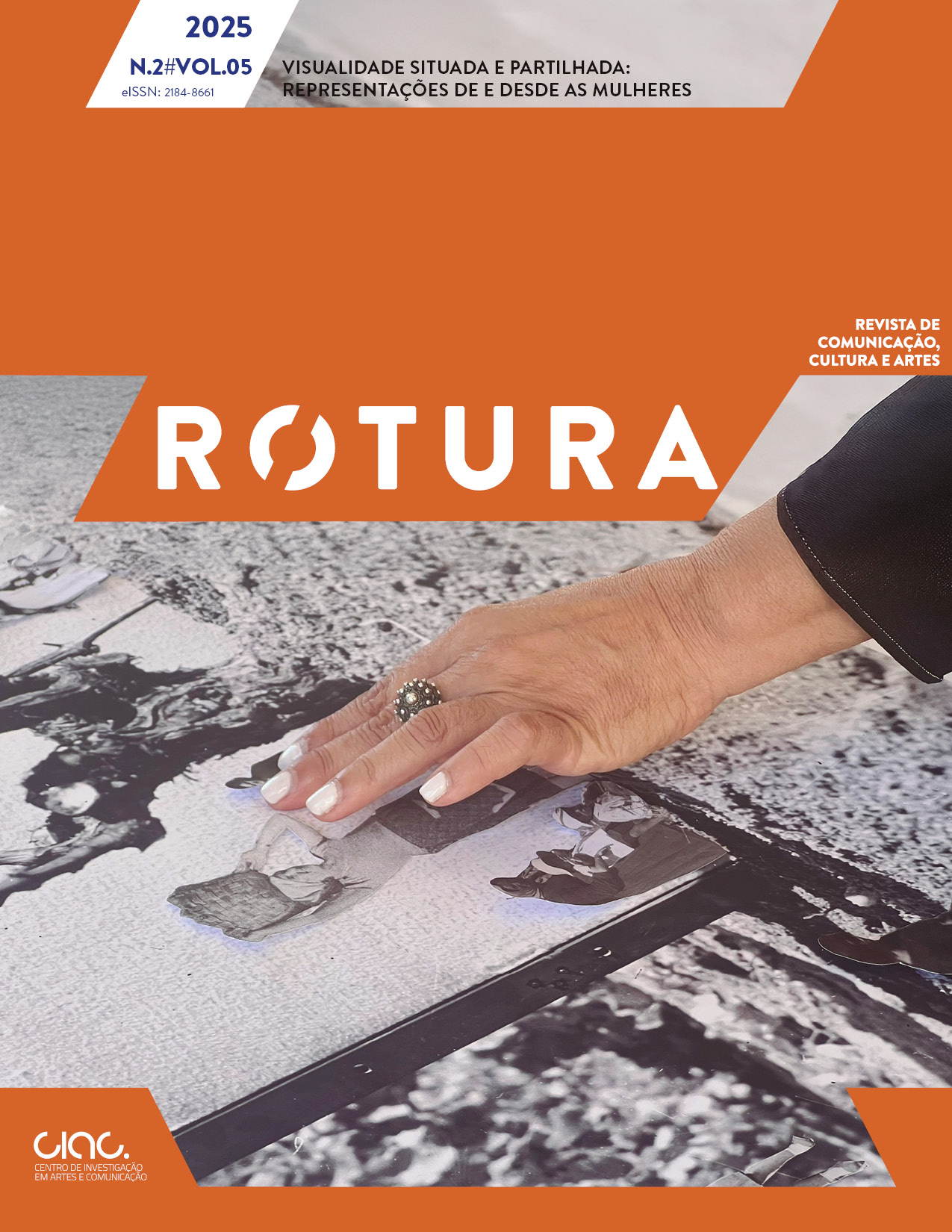The a/r/cographic method in the development of the creative process of 6th grade students: The articulation between Art Education and ICT in the creation of a digital exhibition in an Educational Territory of Priority Intervention (TEIP)
Résumé
The creative process is a personal and dynamic journey, characterized by a continuous cycle of inspiration, exploration, and expression, where the creative mind expands between the limits of the possible and the impossible. Artistic education, as a teaching and learning process, plays a crucial role in the individual’s holistic development. At the same time, information and communication technologies facilitate the rapid dissemination of content, influencing identity and communication methods while enabling the evolution of cultural and social approaches.
A/r/cography structures the creative process into seven phases: inspiration, trigger, intention, conceptualization, prototyping, testing, and intervention. This methodology allows for the reformulation of ideas, ensuring articulation between methodological phases and project planning.
As part of this project, students were challenged to create a digital artwork in small groups using image editing, with the goal of building a digital exhibition between different classes. The activity was guided by the question, “If I were an artist, what would I like to change in the world?”, encouraging students to select themes that reflected their interests and concerns.
The results demonstrated a positive impact on the educational community, fostering a space for creativity and collaborative learning. The a/r/cographic method proved effective, promoting active and enthusiastic student participation. The project highlighted the potential of integrating art and technology in the school environment, reinforcing the importance of artistic education in creating a meaningful learning experience. Additionally, it served as a valuable tool in preventing school dropout, giving the school a more engaging and relevant role in students’ realities.
Downloads
Copyright (c) 2025 Ricardo Mestre

Ce travail est disponible sous licence Creative Commons Attribution - Pas d'Utilisation Commerciale - Pas de Modification 4.0 International.
Accepted 2025-04-19
Published 2025-09-29


















